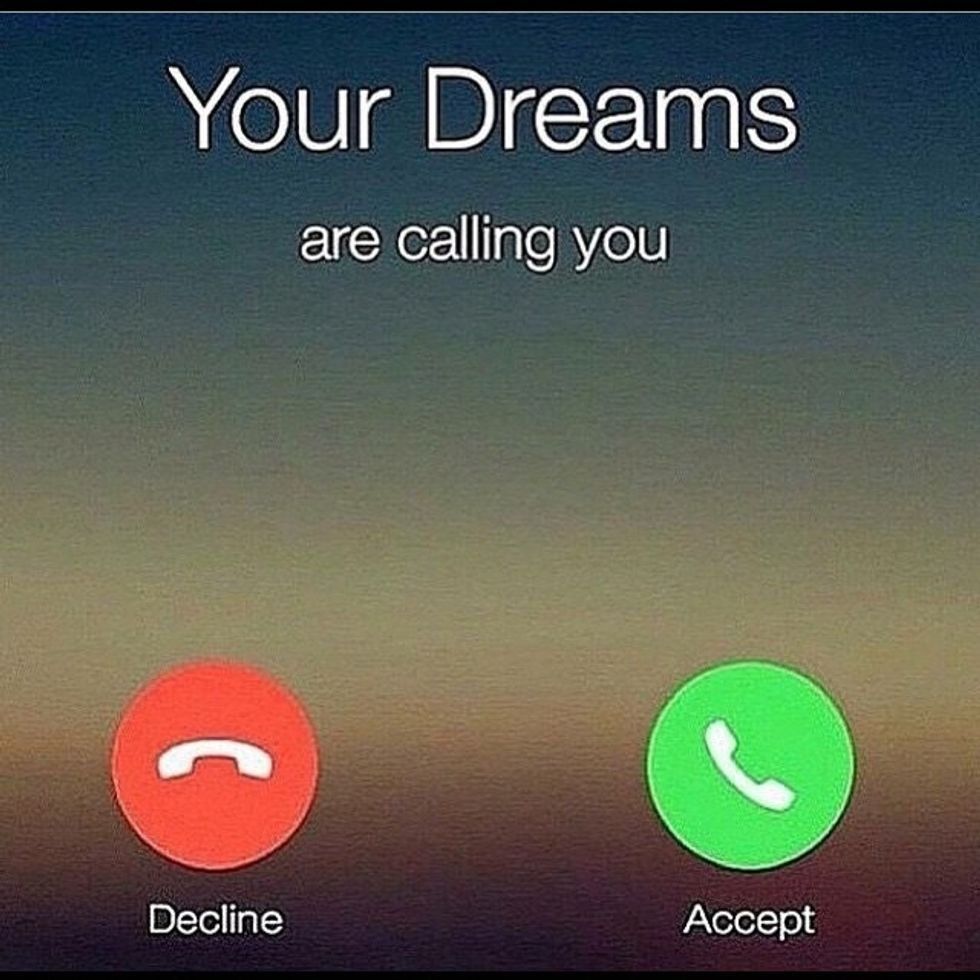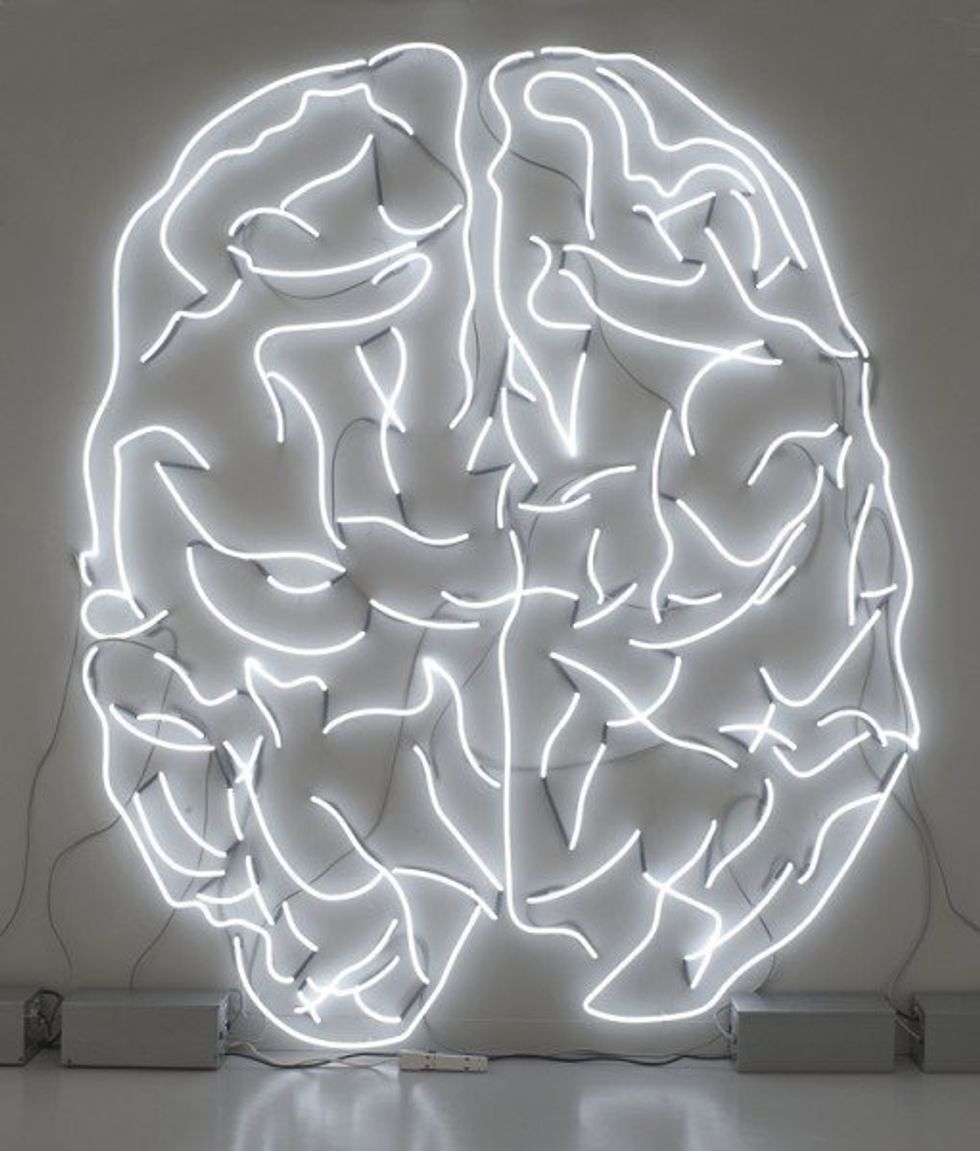I like to believe that
all men and women are equal, though that is a fantasy. In the United States we
prioritize lives. If you are of European decent your life is automatically
worth more than if you are of Asian or African decent. I do not think we make
this choice of our own free will, instead, the choice is done subconsciously.
Since the United States’ history is reliant on most of European history we have
a better understanding of their culture than the rest of the world’s cultures.
This is not an excuse to accept the status quo, but to challenge us to
become more familiar with other cultures. So, is there a version of
modern day racism that exist in our society? Consider that there was
a Facebook filter for French and Belgium lives affected by the terrorist
actions, though none for Turkey after multiple attacks. In this article I am going to discuss some of
the most unknown misconceptions about other cultures.
1. Women in Muslim cultures are forced to wear hijabs and other clothing by men
This is completely false. Muslim women wear hijabs due to their faith and respect for the words out of the Quran; no different to how I may wear a cross. Many Muslim women may even question that we may wear short skirts and dresses in the U.S. because men say that it is ‘attractive.’ I have such a respect for the religion after reading the Quran because in it women are described as the closest thing to God. As a result, by covering themselves they are abiding by their chosen values. In the end, we all wear what we want to wear because we think that they identify who we are as people; it is not for me or anyone else to question what is most important to another individual.
In addition not all Muslims wear hijabs or headdresses!!!
2. Islam is oppressive towards women
Islam granted women new rights, such as the right to decline marriage proposals, the access to education and their given right to a slice of their family’s inheritance. They have the freedom due to the law, but it is common practice due to norms that inhibit it. As a result, it is not their religion that hinders their rights, but their governments and/or communities.
3. The people in Africa lack knowledge

4. Africa is a ‘poor’ continent
To address the second claim Africa may not be the richest continent economically, however, it is rich in minerals and community teamwork. They have such a respect for nature with over 50 of the most beautiful national parks. We can take a lesson from them here in the U.S. In addition, in the U.S. many people do not even know their neighbors; while in Tanzania everyone calls each other mother, brother, sister and grandfather. No one in the community will let a family go starving; they each give up a little to help each other. The community is a like a well-oiled machine, sharing responsibilities of watching kids and cooking.
5. All Asians are Chinese
Asia is huge continent and it does not just include China! Some other countries include Vietnam, Japan, and even India. Think about how offended you would be if someone said you were Canadian because New York is close to Canada. Geography is one of the most disputed topics in the South China Sea due to overlapping claims by countries on the same islands. For example, if you go to Paracel islands you will receive many different answers by the people based on what country the citizen identifies with. This is a lesson learned that in the end it is is the person's choice.
In conclusion, there are many misconceptions of different countries and cultures by the U.S. However, it is not one-sided; there are many misconception other countries have about the U.S. as well. In order to get closer to world peace there has to be ensured mutual respect and understanding of each culture. We do not need to travel the world to understand this concept, the first steps to learning is by simply searching.












 Photo by
Photo by 

 Photo by
Photo by  Photo by
Photo by  a group of people sitting around a table with laptopsPhoto by
a group of people sitting around a table with laptopsPhoto by  people on beach during daytimePhoto by
people on beach during daytimePhoto by  Photo by
Photo by 








